TOP NEWS
Reuben's View
Latest News
Search
MOST READ
-
Nigerian govt gives update on wage award, minimum wage payments
-
2027: Defectors don’t believe in Tinubu, they are sinners seeking forgiveness – Dalung
-
APC chieftain Jesutega Onokpasa is dead
-
Atiku Moves to Secure Northern Backing for 2027 Opposition Coalition, Begs Top Politicians
-
[OPINION] What Abuja’s Embassy-Rent Threat Could Cost Nigeria’s Global Standing If Wike Is Not Called To Order - Isaac Asabor
-
Church offerings are spent by men, not God – Pastor Damina
-
Only coalition can unseat Tinubu in 2027 — Dele Momodu
-
My business collapsed after public criticism of pastors – Daddy Freeze
-
2027: My soul has left PDP – Dele Momodu
-
Funke Akindele releases premiere date for Aiyetoro town Season 2
-
Rivers: I was once your boss whether you like it or not – Amaechi to Wike
935 times -
Political scientists should study how Wike became part of Tinubu’s govt – Ooni of Ife
833 times -
Senator Natasha raises alarm, says her phone number has been cloned
654 times -
2027: APC Breaks Silence on VP Shettima’s Potential Replacement
609 times -
Japa: 10 countries offering quick permanent residency in 2025
596 times -
Land-Grab: FHA Officials Ignore Wike, Allocate Setbacks, Public Spaces In Lugbe Estate, Cornershops
590 times -
Governor Adeleke Opens Up on Possible Defection from PDP After Meeting Tinubu
534 times -
Former presidents Mount Pressure On Tinubu To Reinstate Fubara
532 times -
Wike Speaks On Cabal Controlling Tinubu’s Government
529 times -
Our electricity bills now more than house rent - Band A customers cry out
493 times








![[OPINION] Sin No More, Sanwo-Olu - Reuben Abati [OPINION] Sin No More, Sanwo-Olu - Reuben Abati](https://mail.reubenabati.com.ng/cache/mod_bt_contentslider/c37e66286a848f75a7a4423f09bf1698-16e192f31bbee895fd51879a21bf59af_XL.jpg)
![[OPINION] Mid-term, Coastal Road And Other Stories - Reuben Abati [OPINION] Mid-term, Coastal Road And Other Stories - Reuben Abati](https://mail.reubenabati.com.ng/cache/mod_bt_contentslider/a0e35e28abbd33a286329adeca8832c3-2672e7e32efcfdd8db98be9832fbb36a_XL.jpg)
![[OPINION] Octopus Wike And The PDP - Reuben Abati [OPINION] Octopus Wike And The PDP - Reuben Abati](https://mail.reubenabati.com.ng/cache/mod_bt_contentslider/199cf8910c41b2b56d33e3d5e66c8649-0c132d1dd795979de9db14cc333bbe4d_XL.jpg)
![[OPINION] Zulum And The Surge In Insurgency - Reuben Abati [OPINION] Zulum And The Surge In Insurgency - Reuben Abati](https://mail.reubenabati.com.ng/cache/mod_bt_contentslider/ad6e52c43f66e3cf537b06ad38aa93b6-8ac05a2894b5e82aeee611e792497153_XL.jpg)
![[OPINION] Defections And Threat Of One-Party State - Reuben Abati [OPINION] Defections And Threat Of One-Party State - Reuben Abati](https://mail.reubenabati.com.ng/cache/mod_bt_contentslider/e16351efb50f01266cc28b7377bd5e83-90b1922af682fff68852fa7fab5a4331_XL.jpg)
![[OPINION] Pope Trump, Adebanjo And Other Stories - Reuben Abati [OPINION] Pope Trump, Adebanjo And Other Stories - Reuben Abati](https://mail.reubenabati.com.ng/cache/mod_bt_contentslider/a9c28326249471b0c6d135375d9aa6d3-66656381f38ceca0faf1a84f4c1885dd_XL.jpg)
![[OPINION] CBEX Wealth Chasers, NDIC And The Fate Of Depositors - Reuben Abati [OPINION] CBEX Wealth Chasers, NDIC And The Fate Of Depositors - Reuben Abati](https://mail.reubenabati.com.ng/cache/mod_bt_contentslider/e7c29125e793371f688b9def0c150948-867aa1263f279020e1b930969b024a70_XL.jpg)
![[OPINION] Pope Francis (1936 – 2025) - Reuben Abati [OPINION] Pope Francis (1936 – 2025) - Reuben Abati](https://mail.reubenabati.com.ng/cache/mod_bt_contentslider/9df20a858100040a45e2fc6915d65f41-c0395aa98d8919afead20f020215aa2b_XL.jpg)
![[OPINION] Plateau, Tsiga and Trump - Reuben Abati [OPINION] Plateau, Tsiga and Trump - Reuben Abati](https://mail.reubenabati.com.ng/cache/mod_bt_contentslider/d4ff657a4976c08f133a5993db7ca3de-076f7f795e47e1dc74a28ca93d3c698e_XL.jpg)
![[OPINION] The Uromi 16 And The Problem With Nigeria - Reuben Abati [OPINION] The Uromi 16 And The Problem With Nigeria - Reuben Abati](https://mail.reubenabati.com.ng/cache/mod_bt_contentslider/848d0c6943c9a9cb7639e8f5640d2cbf-4b585f7414a3fc875b761851d4c5fcd4_XL.jpg)
![[OPINION] Breakfast With The Soludos - Reuben Abati [OPINION] Breakfast With The Soludos - Reuben Abati](https://mail.reubenabati.com.ng/cache/mod_bt_contentslider/a98b5c30f61dcb10378fdba9f5e472ab-33b747862875f50d863e709f5955da5d_XL.jpg)
![[OPINION] The Emerging Coalition Against Tinubu/APC - Reuben Abati [OPINION] The Emerging Coalition Against Tinubu/APC - Reuben Abati](https://mail.reubenabati.com.ng/cache/mod_bt_contentslider/ddd6416fbaa008a5bcbc568f0e3c8857-02972c9f0dee40a6ad85830afbb49758_XL.jpg)


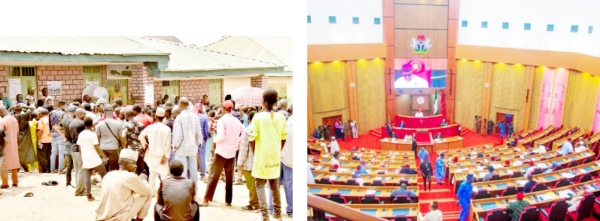
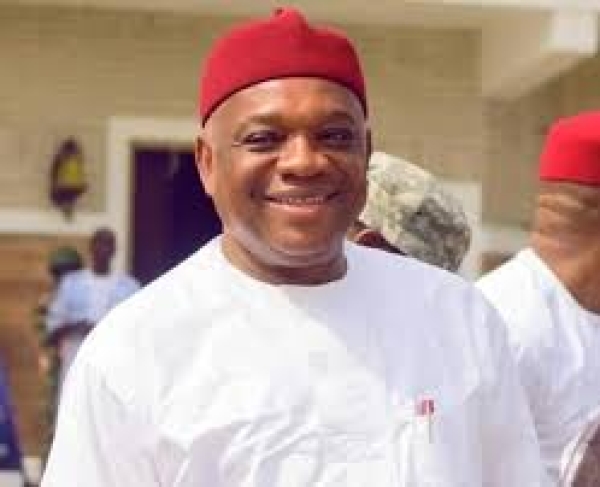
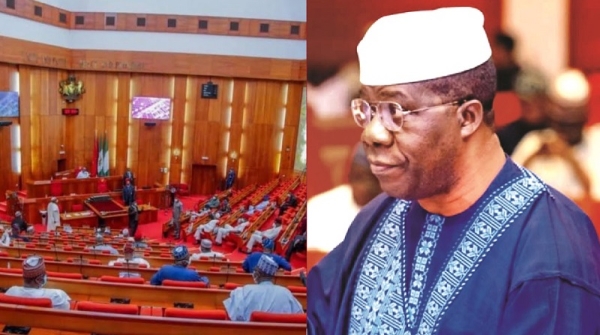
![[OPINION] Uncle Sam the Nonagenarian - Kayode Komolafe](https://mail.reubenabati.com.ng/media/k2/items/cache/26b64f13f046b33522127c27e92d7b9b_XL.jpg?t=-62169984000)
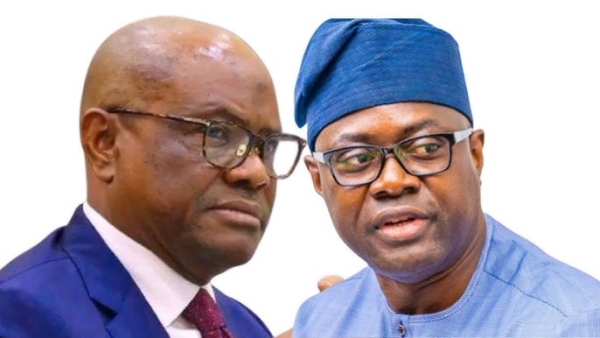
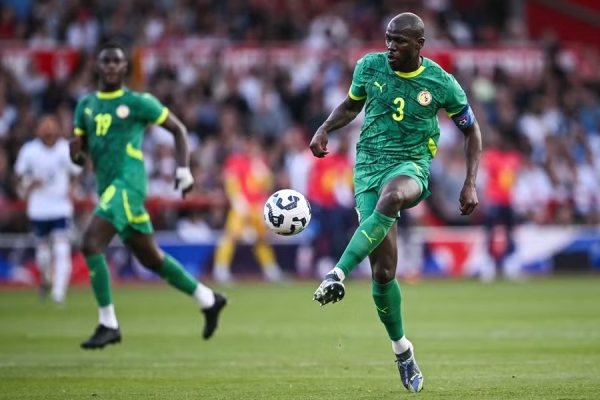
![[OPINION] For the regulator, little things that matter - Okoh Aihe](https://mail.reubenabati.com.ng/media/k2/items/cache/c83489b42a74e6b6b7b0f81de0995027_XL.jpg?t=-62169984000)


![[OPINION] 32 years after June 12, how’s democracy in Nigeria? - Jide Ojo](https://mail.reubenabati.com.ng/media/k2/items/cache/5c90ec4028cd826d7d74a9ac1cca4a60_XL.jpg?t=-62169984000)
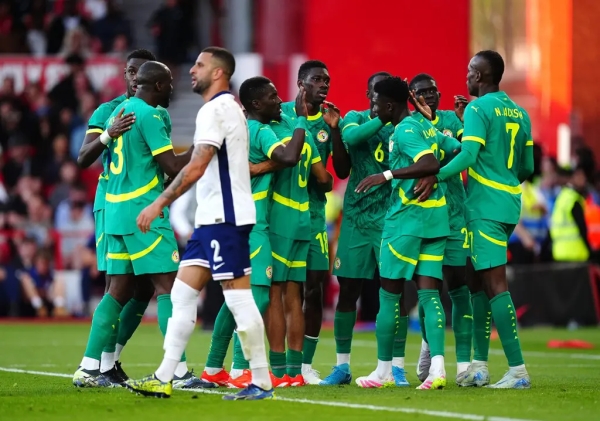
![[OPINION] Making petro-naira for real - Lekan Sote](https://mail.reubenabati.com.ng/media/k2/items/cache/ec32429c9d26ef5cdfbaa241de755df6_XL.jpg?t=-62169984000)
![[VIDEO] Nigerian woman in shock as widower father, mother-in-law started an affair during omugwo abroad](https://mail.reubenabati.com.ng/media/k2/items/cache/728aee4b9a81cb7a03ff7cd5ad46aa31_XL.jpg?t=1749627296)
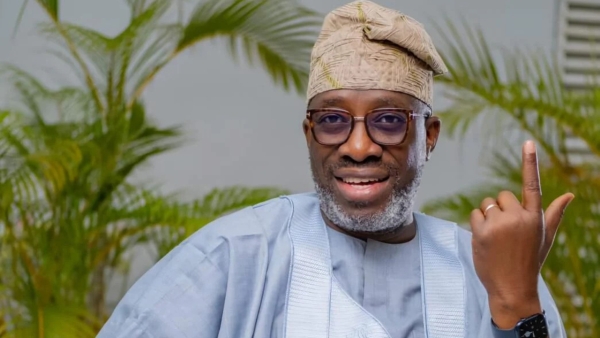
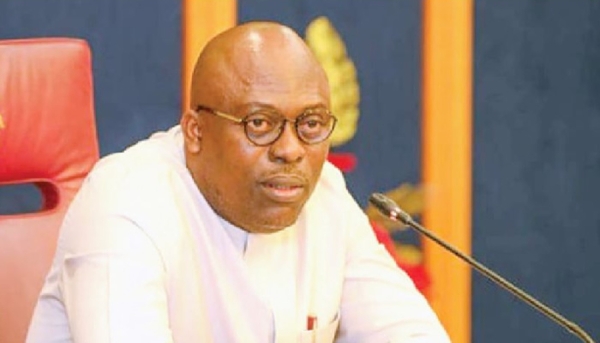
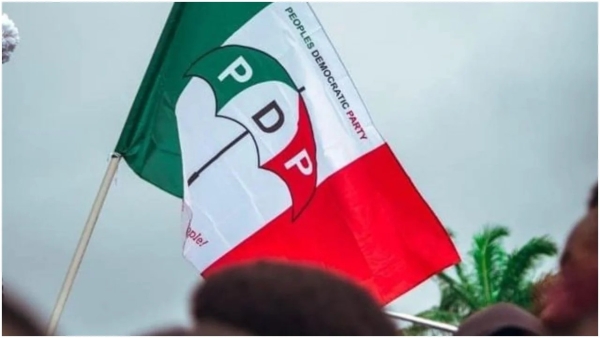
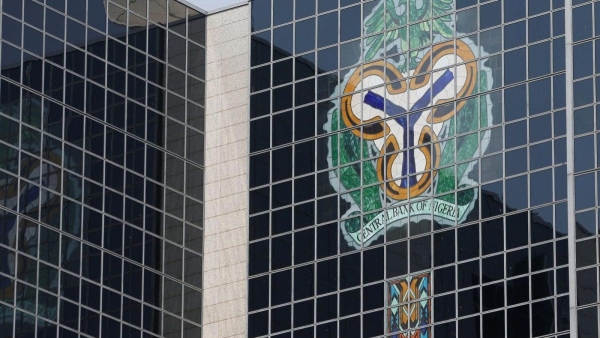
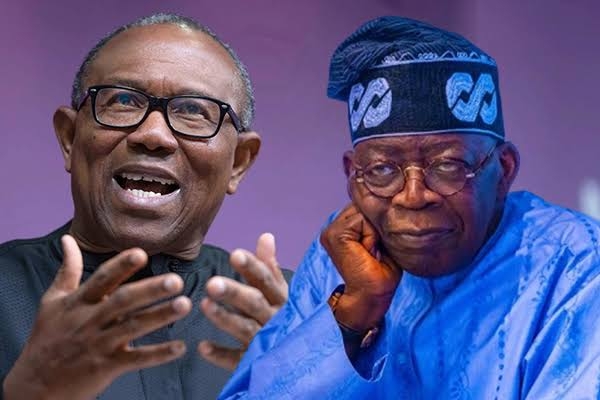
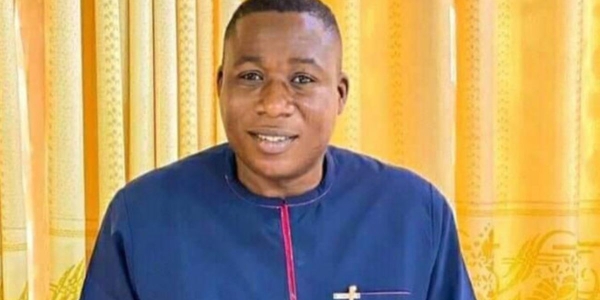
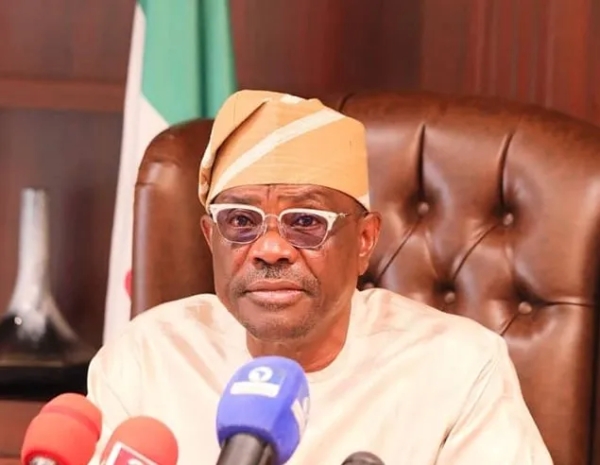
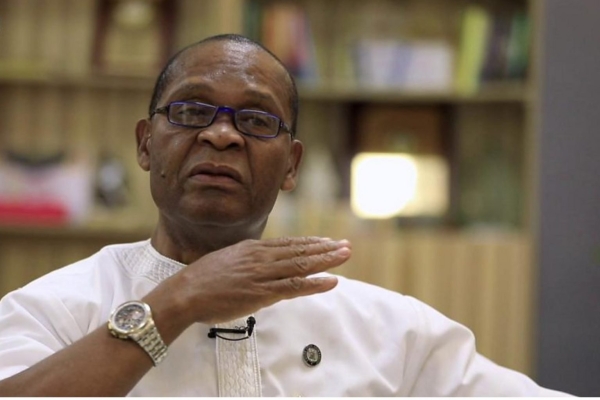
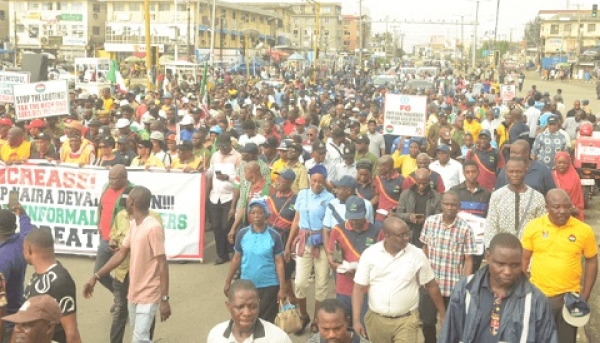


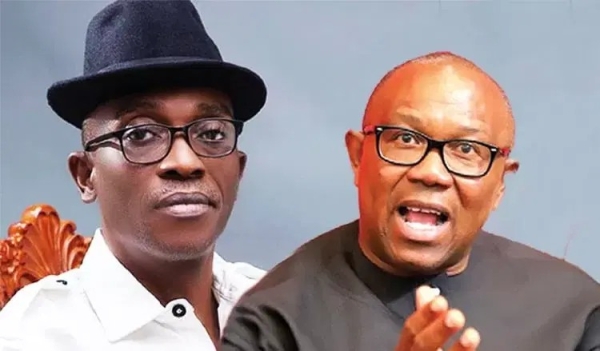
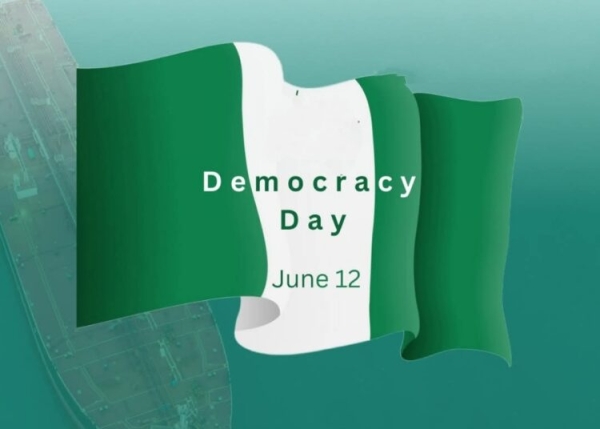

![[OPINION] ECOWAS and the Dangers of Placating Junta Leaders - Paul Ejime](https://mail.reubenabati.com.ng/media/k2/items/cache/f4fea4f91d439ef97b243c78b79c51b3_XL.jpg?t=-62169984000)
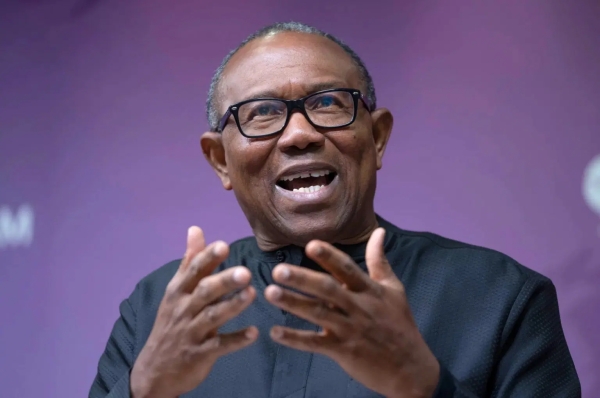
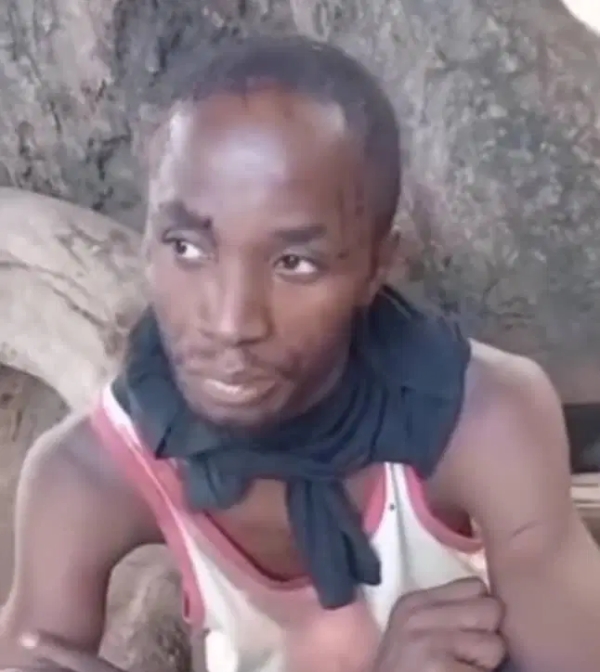
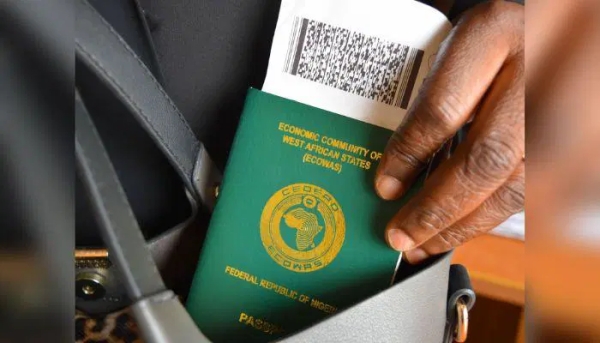
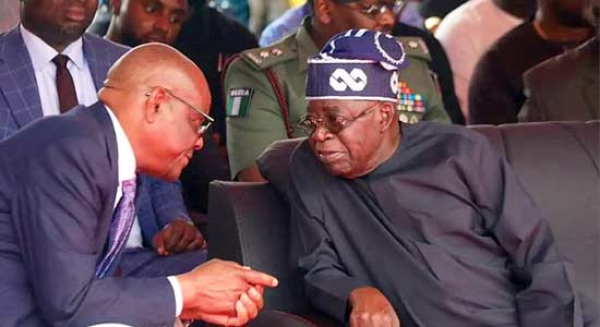
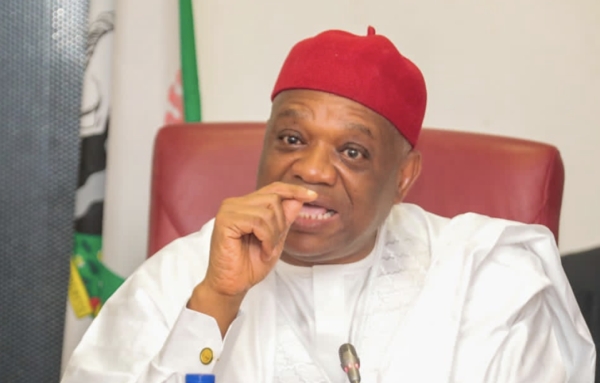
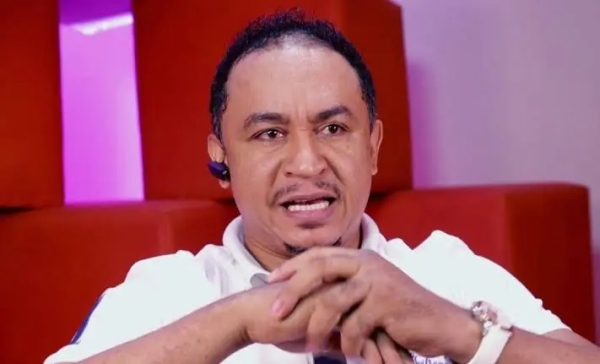
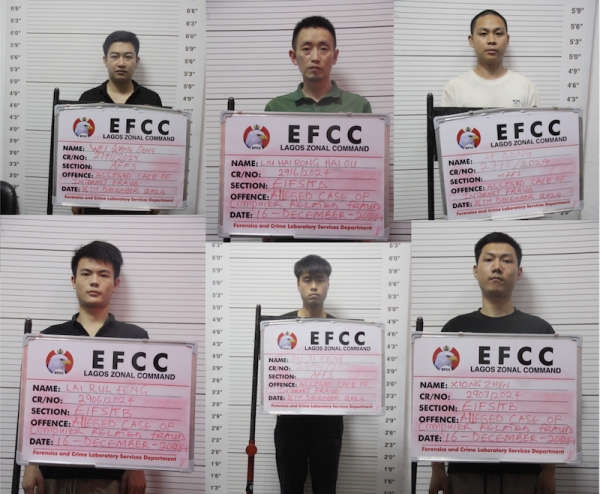
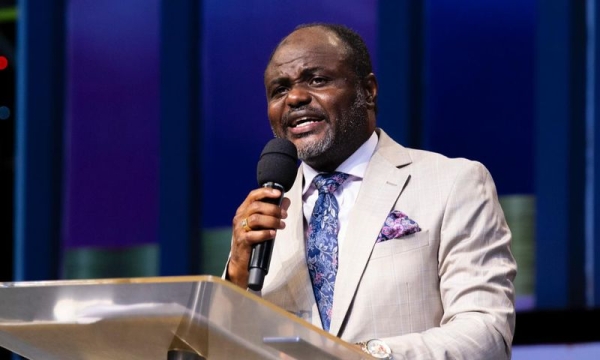
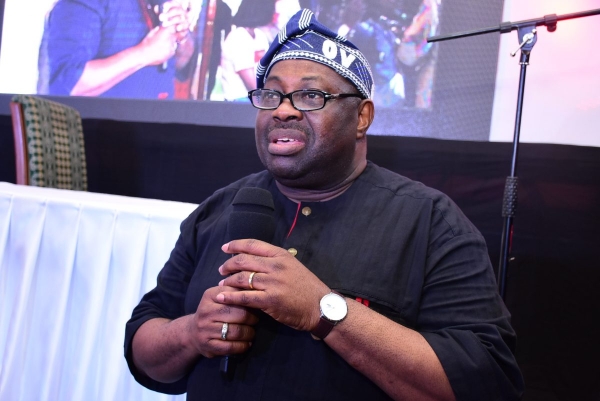





![[OPINION] Uncle Sam the Nonagenarian - Kayode Komolafe [OPINION] Uncle Sam the Nonagenarian - Kayode Komolafe](https://mail.reubenabati.com.ng/cache/mod_bt_contentslider/1518047a8a99ea430d3200a600ac6979-26b64f13f046b33522127c27e92d7b9b_XL.jpg)


![[OPINION] For the regulator, little things that matter - Okoh Aihe [OPINION] For the regulator, little things that matter - Okoh Aihe](https://mail.reubenabati.com.ng/cache/mod_bt_contentslider/cfd074bbac42fb54529c9c4e8a1c4248-c83489b42a74e6b6b7b0f81de0995027_XL.jpg)


![[OPINION] 32 years after June 12, how’s democracy in Nigeria? - Jide Ojo [OPINION] 32 years after June 12, how’s democracy in Nigeria? - Jide Ojo](https://mail.reubenabati.com.ng/cache/mod_bt_contentslider/62a9827372e6505601fde73c061645b9-5c90ec4028cd826d7d74a9ac1cca4a60_XL.jpg)

![[OPINION] Making petro-naira for real - Lekan Sote [OPINION] Making petro-naira for real - Lekan Sote](https://mail.reubenabati.com.ng/cache/mod_bt_contentslider/e409f968ee695b909b25e00894a6da44-ec32429c9d26ef5cdfbaa241de755df6_XL.jpg)
![[VIDEO] Nigerian woman in shock as widower father, mother-in-law started an affair during omugwo abroad [VIDEO] Nigerian woman in shock as widower father, mother-in-law started an affair during omugwo abroad](https://mail.reubenabati.com.ng/cache/mod_bt_contentslider/36dfc66f77eead55d0c8a25153d465d4-728aee4b9a81cb7a03ff7cd5ad46aa31_XL.jpg)














![[OPINION] ECOWAS and the Dangers of Placating Junta Leaders - Paul Ejime [OPINION] ECOWAS and the Dangers of Placating Junta Leaders - Paul Ejime](https://mail.reubenabati.com.ng/cache/mod_bt_contentslider/ecbbc458b031097c1338c85cc1fe8dad-f4fea4f91d439ef97b243c78b79c51b3_XL.jpg)












![[OPINION] Reform with remorse: What PDP can learn from truth commissions - Ojo Maduekwe [OPINION] Reform with remorse: What PDP can learn from truth commissions - Ojo Maduekwe](https://mail.reubenabati.com.ng/cache/mod_bt_contentslider/89792feee187c106b6391a7bd987ace4-4ddbc1d7efce4d2c8c1977256143923e_XL.jpg)

![[OPINION] What Abuja’s Embassy-Rent Threat Could Cost Nigeria’s Global Standing If Wike Is Not Called To Order - Isaac Asabor [OPINION] What Abuja’s Embassy-Rent Threat Could Cost Nigeria’s Global Standing If Wike Is Not Called To Order - Isaac Asabor](https://mail.reubenabati.com.ng/cache/mod_bt_contentslider/bc3f77168d7763719a2eefa78bc7a03f-bc9b14a9d6b7c6a66af7a880fda368ad_XL.jpg)





![[OPINION] It is a marathon - Hakeem Baba-Ahmed [OPINION] It is a marathon - Hakeem Baba-Ahmed](https://mail.reubenabati.com.ng/cache/mod_bt_contentslider/cddb7098d5ba39c67557b0779ba40e81-91206dad76b865a925085752fc9cc76f_XL.jpg)
![[OPINION] Sin No More, Sanwo-Olu - Reuben Abati [OPINION] Sin No More, Sanwo-Olu - Reuben Abati](https://mail.reubenabati.com.ng/cache/mod_bt_contentslider/583c918fc579a5ae94a9159549682e5e-16e192f31bbee895fd51879a21bf59af_XL.jpg)


![[OPINION] A Season Of Political Divorces, From Lagos To Washington - Sheddy Ozoene [OPINION] A Season Of Political Divorces, From Lagos To Washington - Sheddy Ozoene](https://mail.reubenabati.com.ng/cache/mod_bt_contentslider/682790c9192001b720267d4b0eef2752-d866638e5dc8f15f370e9c57ad15bd9f_XL.jpg)


![[OPINION] Bode George: The last PDP man standing - Jide Oluwajuyitan [OPINION] Bode George: The last PDP man standing - Jide Oluwajuyitan](https://mail.reubenabati.com.ng/cache/mod_bt_contentslider/912cff11b8b50974ef95f4bcf36857fd-4a8aa131fc700df0fd5359fcec04f258_XL.jpg)



![17-year-old Lamine Yamal become World most valuable player - see full list] 17-year-old Lamine Yamal become World most valuable player - see full list]](https://mail.reubenabati.com.ng/cache/mod_bt_contentslider/17c4da5d5750b8f96f5d1765fbd46448-3e3c72df9ab4d18c191b05c44e09b293_XL.jpg)



![[OPINION] For Mustapha Jokolo, It’s Double Jeopardy - Onikepo Braithwaite [OPINION] For Mustapha Jokolo, It’s Double Jeopardy - Onikepo Braithwaite](https://mail.reubenabati.com.ng/cache/mod_bt_contentslider/bf5494d6cec2b283fc278e17ce8d53c7-9c0c6dfc12a17fe1be8b962fa3387ef2_XL.jpg)
![[OPINION] Trump and Musk Feud: A Case for Keeping Business and Politics Separate - Magnus Onyibe [OPINION] Trump and Musk Feud: A Case for Keeping Business and Politics Separate - Magnus Onyibe](https://mail.reubenabati.com.ng/cache/mod_bt_contentslider/764bc9f8395aa3f2689110dacf3ff145-a26ee4a1bddb63eccf136ba020a34fcb_XL.jpg)


















![[OPINION] For Tinubu and Sanwo-Olu - Lasisi Olagunju [OPINION] For Tinubu and Sanwo-Olu - Lasisi Olagunju](https://mail.reubenabati.com.ng/cache/mod_bt_contentslider/3d794fed4464c63a0c4baf06a1cc5934-25c1cda853468fcf66e9dd741dda19ec_XL.jpg)
![[OPINION] Ijebu and their six tubers of yam - Lasisi Olagunju [OPINION] Ijebu and their six tubers of yam - Lasisi Olagunju](https://mail.reubenabati.com.ng/cache/mod_bt_contentslider/2612c8a1e8ffb741889f0f41020d0059-13c9d8d84ad9e900b05a79c33a4af503_XL.jpg)
![[PRESS RELEASE] Works Minister Felicitates With Muslim Ummah On Eid-al-Adha, Says Growing Interfaith Relationship Inspired By Inclusive Leadership Of President Tinubu [PRESS RELEASE] Works Minister Felicitates With Muslim Ummah On Eid-al-Adha, Says Growing Interfaith Relationship Inspired By Inclusive Leadership Of President Tinubu](https://mail.reubenabati.com.ng/cache/mod_bt_contentslider/03547612a730466f9d12a58f70d2e34c-110e6750562021b53b0b062ddf8af8fc_XL.jpg)













![[OPINION] God of Hannah - Gabriel Agbo [OPINION] God of Hannah - Gabriel Agbo](https://mail.reubenabati.com.ng/cache/mod_bt_contentslider/8deed5566c628c608f779c1d630010b4-f23bbc9b606d2793e3892e430193c1e3_XL.jpg)

![[OPINION] Jibril Aminu: The dangers of a single narration - Owei Lakemfa [OPINION] Jibril Aminu: The dangers of a single narration - Owei Lakemfa](https://mail.reubenabati.com.ng/cache/mod_bt_contentslider/4c79cdbc5eddb3596c14b321ecc3fa82-9a74d924975fc7f041b9b721d6d18e86_XL.jpg)

![[OPINION] Why borrowing $24.14bn is inevitable - Dele Sobowale [OPINION] Why borrowing $24.14bn is inevitable - Dele Sobowale](https://mail.reubenabati.com.ng/cache/mod_bt_contentslider/9b1c398df640bb1dc732b3405c2a724c-69b3e029ca6ac38bcbe9e5b26bb6a8ff_XL.jpg)


![[OPINION] Japa: The Courage and Cost of Nigeria’s Great Exodus - Dakuku Peterside [OPINION] Japa: The Courage and Cost of Nigeria’s Great Exodus - Dakuku Peterside](https://mail.reubenabati.com.ng/cache/mod_bt_contentslider/b5922a4d42aa7d0c907e6fa7b96210e9-7114abef0fdc76b4ca1a7a1675a0bf81_XL.jpg)















![[OPINION] What Abuja’s Embassy-Rent Threat Could Cost Nigeria’s Global Standing If Wike Is Not Called To Order - Isaac Asabor](/media/k2/items/cache/bc9b14a9d6b7c6a66af7a880fda368ad_XL.jpg)














